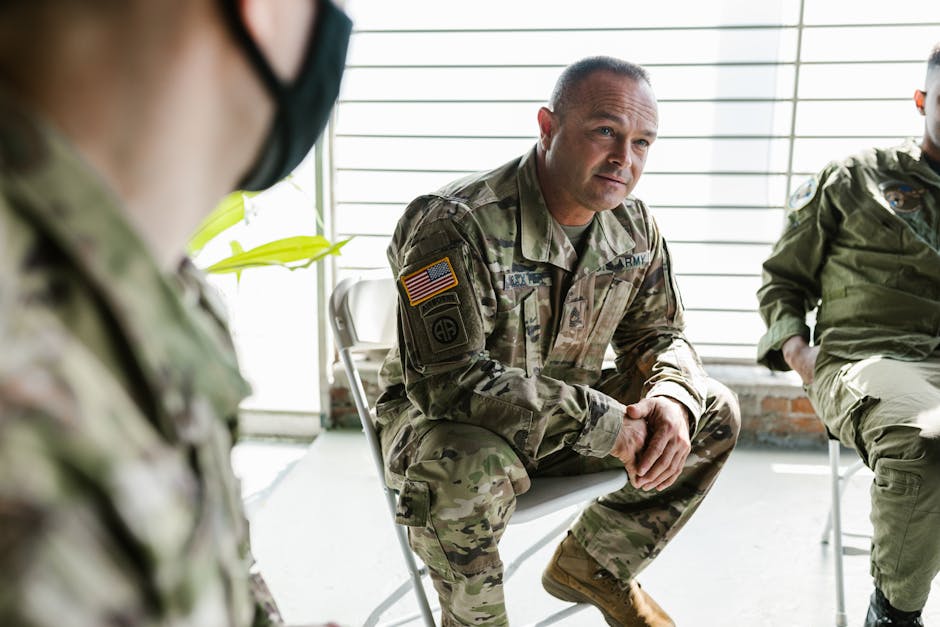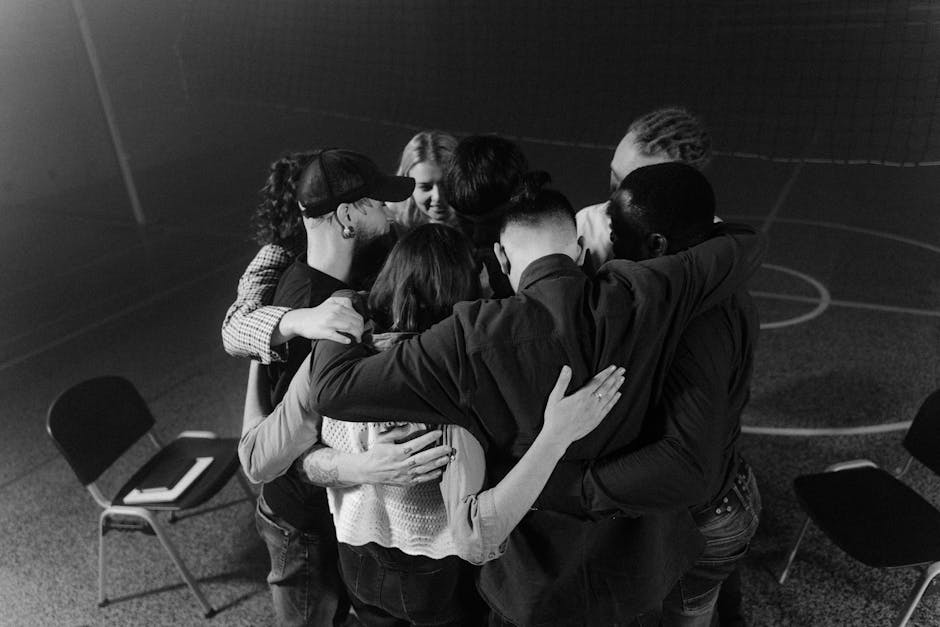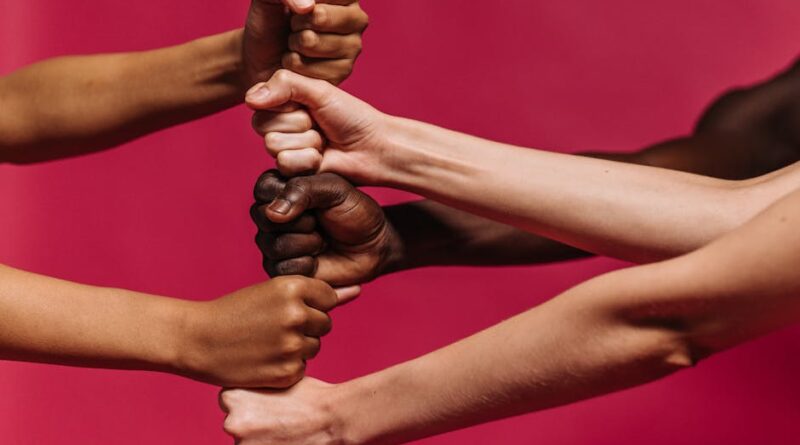The Impact of Shared Experiences on Trust
Trust is the bedrock of all relationships, personal or professional. It is the foundation upon which connections are built, collaborations thrive, and societies function. But what exactly influences trust? How do shared experiences shape and mold our ability to trust others? In this in-depth exploration, we delve into the intricate dynamics of trust, focusing specifically on the impact that shared experiences have on this fundamental aspect of human interaction.
The Psychology of Trust

Trust is a complex psychological construct that involves a delicate interplay of emotions, beliefs, and behaviors. At its core, trust reflects a person’s willingness to be vulnerable, to rely on others, and to believe that they will act in a predictable and benevolent manner. Psychologically, trust is closely linked to feelings of safety, security, and certainty.
When we trust someone, we are essentially placing our faith in their integrity, competence, and reliability. This level of trust is not easily earned, as it requires a deep sense of connection and understanding between individuals. Shared experiences play a pivotal role in fostering this connection and building trust over time.
The Role of Shared Experiences

Shared experiences are the building blocks of relationships. They create a sense of camaraderie, solidarity, and mutual understanding among individuals. Whether it’s overcoming a challenge together, celebrating a milestone, or simply spending quality time in each other’s company, shared experiences create lasting memories that bind people together.
Research has shown that individuals who share meaningful experiences tend to develop stronger bonds and deeper levels of trust. This is because shared experiences create a sense of shared identity and common purpose, fostering a sense of closeness and connection between individuals. When we go through challenging or rewarding experiences with others, we are more likely to trust them, as these shared moments create a sense of intimacy and connection that transcends mere acquaintance.
The Impact of Trust in Relationships

In personal relationships, trust is the glue that holds couples, families, and friends together. When trust is present, individuals feel safe, supported, and valued in their relationships. They are more likely to communicate openly, resolve conflicts constructively, and show vulnerability without fear of judgment or betrayal.
Shared experiences play a crucial role in building and strengthening trust in relationships. Couples who have gone through challenging times together often report feeling closer and more connected as a result. Similarly, families who share traditions, milestones, and memories tend to have stronger bonds and a greater sense of trust among family members.
Trust in Professional Settings

In the workplace, trust is essential for effective teamwork, collaboration, and productivity. When team members trust each other, they are more likely to communicate openly, share information freely, and support each other in achieving common goals. Trust in the workplace also fosters a positive work culture, where employees feel valued, respected, and empowered to contribute their best work.
Shared experiences in professional settings can enhance trust among team members and create a more cohesive and productive work environment. Team-building activities, shared successes, and collaborative projects can all contribute to building trust and camaraderie among colleagues. When employees feel a sense of connection and shared purpose with their coworkers, they are more likely to trust in their abilities, intentions, and commitment to the team.
The Impact of Trust on Societal Well-being
Trust is not just a personal or professional virtue; it is also a cornerstone of societal well-being. A society built on trust is one where individuals feel safe, supported, and connected to their fellow citizens. Trust in institutions, government, and fellow community members fosters a sense of social cohesion, cooperation, and collective responsibility.
Shared experiences at a societal level can have a profound impact on trust among individuals and communities. When people come together to address common challenges, celebrate shared values, or work towards a common goal, they build trust in each other and in the institutions that govern their society. This sense of trust and shared purpose can lead to greater social harmony, cooperation, and resilience in the face of adversity.
Challenges and Controversies
While shared experiences have the potential to strengthen trust, they can also present challenges and controversies. In some cases, shared experiences may lead to groupthink, where individuals prioritize harmony and conformity over critical thinking and independent judgment. This can erode trust in diverse perspectives and foster an environment of echo chambers and confirmation bias.
Furthermore, shared experiences that are negative or traumatic in nature can also impact trust in unpredictable ways. Individuals who have gone through shared trauma may develop complex relationships with trust, oscillating between a deep need for connection and a fear of vulnerability and betrayal. In these cases, shared experiences may not always lead to increased trust but can instead evoke feelings of fear, mistrust, and emotional distance.
Building Trust through Shared Experiences
Despite the challenges and controversies surrounding shared experiences and trust, there are ways to proactively build trust through meaningful interactions and shared moments. One key strategy is to create opportunities for shared experiences that foster connection, collaboration, and empathy among individuals.
Team-building exercises, group outings, and collaborative projects are all effective ways to build trust in professional settings. These activities create a sense of shared purpose and common goals, fostering trust among team members. In personal relationships, spending quality time together, celebrating milestones, and overcoming challenges as a couple or family can strengthen bonds and deepen trust over time.
Conclusion
Trust is a fragile yet powerful force that shapes our relationships, communities, and societies. Shared experiences play a crucial role in fostering trust among individuals, by creating a sense of connection, shared identity, and mutual understanding. Whether in personal relationships, professional settings, or societal contexts, shared experiences have the potential to strengthen bonds, build resilience, and foster a sense of unity among individuals.
As we navigate the complexities of trust in an increasingly interconnected world, it is essential to recognize the impact that shared experiences have on our ability to trust others. By actively seeking out opportunities for meaningful interactions, collaboration, and shared moments, we can cultivate trust, strengthen relationships, and build a more trusting and cohesive society for all.
So, the next time you embark on a shared experience with others, remember the profound impact it can have on trust, connection, and mutual understanding. Embrace these moments as opportunities to build bridges, forge bonds, and create lasting memories that lay the foundation for trust to flourish.




